Flexible Accents for Auditions
In Hollywood, there exist several sobering realities. I’d like to speak to one in particular.
Many American directors – not all, but many – prefer broad accent stereotypes to authentic regionalisms. Why…? Because, more often than not, they wouldn’t know an authentic regionalism if it kicked ‘em in the teeth. This is especially the case in comedies, action flicks and…well… ‘bad film’, as well as most television series.
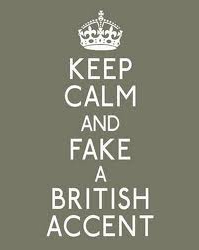 This reality causes a great deal of frustration in the diligent actor who takes time preparing a dialect that is specific and genuine. Even more maddening is the British actor, for instance, who gets called in for a British role, only to be told by an American director that their accent “isn’t British enough”. This, sadly, is no rare phenomenon. In a circumstance such as this, you – the actor – will want to lunge at the auditor with, “I am a bloody Brit, you fu*#in’ tosser.” But you must refrain and…yes…give them the caricature accent they’re listening for.
This reality causes a great deal of frustration in the diligent actor who takes time preparing a dialect that is specific and genuine. Even more maddening is the British actor, for instance, who gets called in for a British role, only to be told by an American director that their accent “isn’t British enough”. This, sadly, is no rare phenomenon. In a circumstance such as this, you – the actor – will want to lunge at the auditor with, “I am a bloody Brit, you fu*#in’ tosser.” But you must refrain and…yes…give them the caricature accent they’re listening for.
Now, I am certainly not suggesting that an actor give up on authenticity and specificity altogether. Don’t throw away thousands of dollars-worth of conservatory training just yet. For one thing, there are plenty of great directors who will actually appreciate your masterful accent skills.
To prepare for either scenario, it is best to learn every accent on a spectrum. Use the authentic accent as your base and have, on hand, several vowel, consonant and/or intonation changes that will allow the layman to identify the target accent, if you’re asked to ‘be more [insert dialect here]”. The exaggerated Irish lilt is one example, or the guttural French ‘r’. You and I both know that not every Irish or French speaker will use these accent components, but be prepared to Velcro them on to your more authentic accent anyway.
Think of each component of your accent as a Lego piece. You can pick and choose how to combine each Lego to build any number of different dialect structures under one accent umbrella. If a director says to ‘go further’ with the accent, clamp on another piece; if he/she says to ‘pull back’, remove a piece. The good news is that accents are actually VERY flexible things!
Kristina runs private voice and dialect class in Hollywood, as well as around the world via Skype.
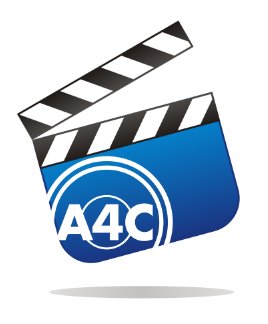
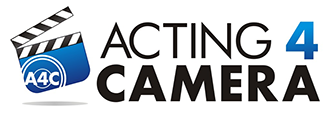
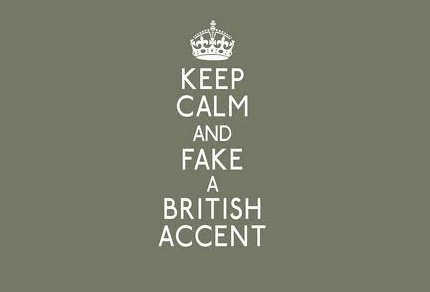



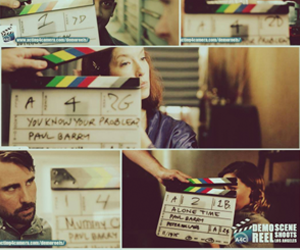

Follow Us!